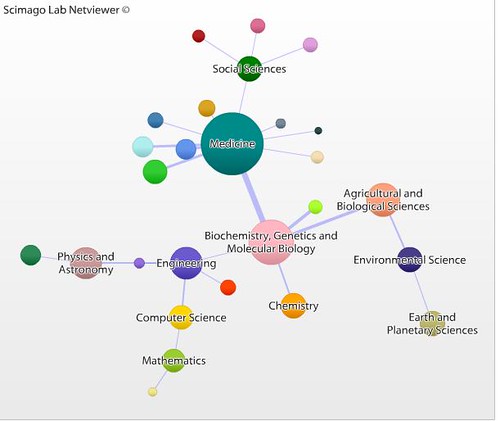As Harvard University reorganizes its extensive library system, it is worth reconsidering where library activity occurs and who drives it. This effort in Finland (hat tip David Osterbur) is a reminder that although professionally trained librarians with a mission and institutional memory are central to the curation, preservation and dissemination of scholarly materials, there is no sharp demarcation as to where expertise, time and effort can be found in our collective efforts. If individual scholars do not curate their own, increasingly electronic, notes, their messages, and other residua of the scholarly process, there will be very little for institutional librarians to work wit and a gaping hole in the scholarly record. But first, academic institutions will have to provide them with a easy to use process that can last their entire careers. This is a first class opportunity for entrepreneurial, techno-librarians who can think at the scale of the Internet. Conversely, libraries must reach out the to network of distributed expertise in all areas of academic endeavors which is populated by experts often well outside the walls of organized academe. Literally tens of thousands of precious modern and ancient scholarly archives remain in the dark, queued up, waiting for an overworked archivist to provide even the most cursory cataloguing. Shotgun mass annotation, leveraging external expertise will have to become the norm and, again, there is a large opportunity for those who are able to provide such capabilities at scale and with the appropriate legal and institutional framework.
